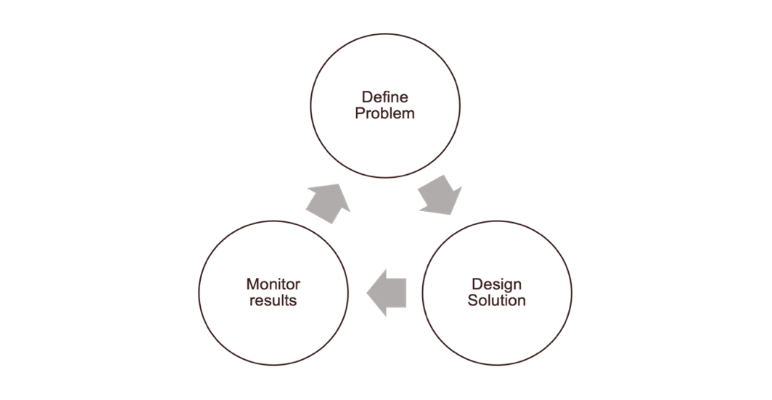Enhancing Actuarial Education: Integrating the SOA Research Challenge with GitHub Classroom
By Xiao Xu
Expanding Horizons, August 2024

Actuarial studies incorporate concepts from mathematics, statistics, data analytics, accounting, economics and finance, applying them to long-term financial management in sectors such as insurance, banking, pensions and other financial services. This interdisciplinary education not only develops unique skill sets in quantitative modeling and business acumen but also prepares students to tackle real-world challenges. At the University of New South Wales (UNSW), one of the largest global actuarial programs is enhancing this educational approach by integrating the SOA Research Challenge into the curriculum using GitHub Classroom.
Curriculum Integration
The SOA Research Challenge is embedded in the capstone course “Actuarial Theory and Practices” as a group assignment, accounting for 30% of the course grade. The course curriculum has been significantly redesigned to center around this project, enhancing the educational experience and engaging students in hands-on problem-solving that mirrors professional actuarial work. The actuarial control cycle, a core conceptual framework in the course, is illustrated in Figure 1. Additionally, we extensively cover critical topics such as setting assumptions, understanding external environments, the modeling process, data quality and limitations, and risk management considerations. The SOA Research Challenge presents a unique opportunity to simulate a professional environment where students must navigate complex datasets, develop assumptions and models, and make ethical business decisions. They are also required to present their findings and solutions that address identified limitations.
Figure 1
Actuarial Control Cycle
Collaborative Learning Through GitHub Classroom
To facilitate collaboration and streamline group work, GitHub Classroom is employed to enhance the learning process. This modern, cloud-based tool promotes a collaborative environment where students can share their work in created repositories, collaborating on code for data analysis and modeling. Through the SOA Research Challenge, students develop essential soft skills such as teamwork, communication and problem-solving. After completing the projects, students have the opportunity to display their work on GitHub Pages, a free hosting service, which also facilitates peer-review feedback. Mastering Git version control skills further enhances their competitiveness in the job market upon graduation.[1]
Industry Collaboration and Mentorship
A significant component of the course structure at UNSW is the active involvement of industry professionals, bridging the gap between industry and academia and providing students with guidance. In terms of the SOA Research Challenge, notable guest lecturers have included figures such as Professor of Practice and Non-executive Director Elaine Collins and Australian Government Actuary Guy Thorburn. These senior actuaries provide invaluable insights and guidance on practical considerations for approaching these cases, enriching the students’ understanding of the industry and enhancing their practical skills through real-world applications.
Participation Outcomes
The impact of the SOA Research Challenge on student outcomes at UNSW has been substantial. In 2022, the first year UNSW participated in the challenge, which centered around building a national football team, four teams reached the semifinals, with one team winning third place. In 2023, during the social insurance program challenge, seven teams reached the semifinals, with two teams winning second and third places, respectively. The trend continued in 2024, where in a wellness program for life insurance challenge, 12 teams made it to the semifinals, winning both first and second places. Feedback from students, alumni and employers has been overwhelmingly positive, underscoring the practical benefits of the Research Challenge experience. Graduates often describe the challenge as an enriching experience and a crucial part of their education, preparing them for the complexities of their roles in the industry.
Conclusion
The integration of the SOA Research Challenge into the actuarial science curriculum at UNSW represents a strategic educational approach that simultaneously prepares students for both academic and professional challenges. By balancing theoretical knowledge with practical application, UNSW creates a learning environment that not only prepares students for their actuarial accreditation but also empowers them to confidently and adeptly address the future challenges of the actuarial profession.
Statements of fact and opinions expressed herein are those of the individual authors and are not necessarily those of the Society of Actuaries, the editors, or the respective authors’ employers.
Xiao Xu, Ph.D., FSA, FIAA, CERA, CFA, FRM, CA, CPA, is a senior lecturer at the University of New South Wales, Australia. Xiao can be reached at x.xu@unsw.edu.au.

